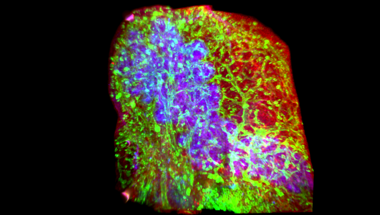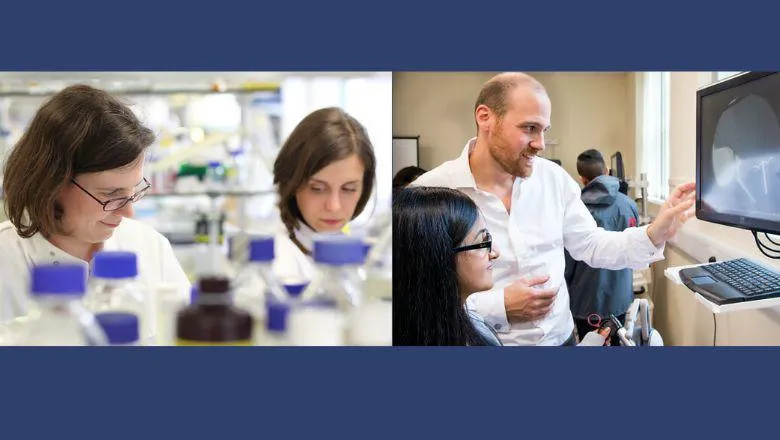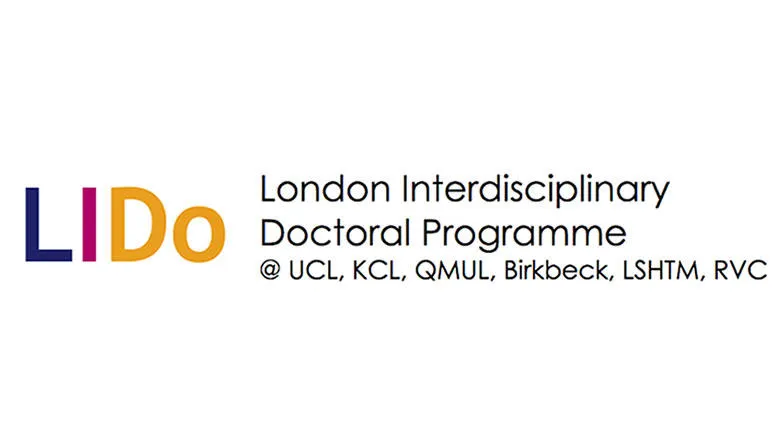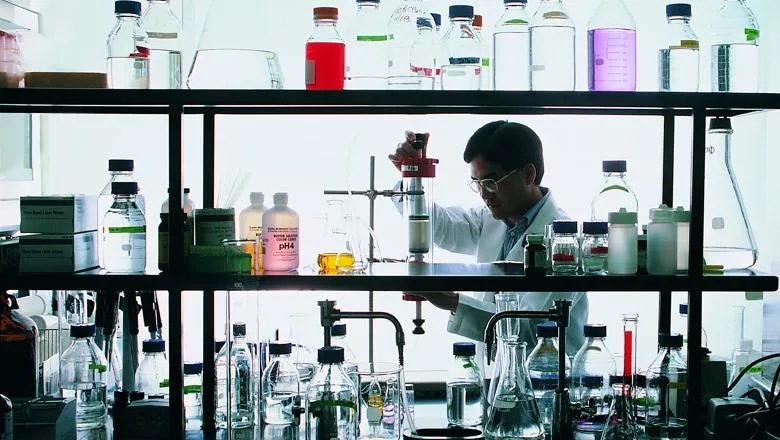
Professor Jeremy Green
Professor of Developmental Biology
- Vice Dean International (Research)
Research interests
- Biomedical and life sciences
Biography
Jeremy Green is an experimental and theoretical developmental biologist working on morphogens, morphogenesis and the innovative understanding of fundamental mechanisms of shape, pattern and structure formation that make and repair the body.
He was a co-discoverer with Professor Sir Jim Smith of the dose-threshold action of growth factor morphogens, laying the groundwork for directed-differentiation approaches to stem cell use.
Formerly a Miller Fellow at UC Berkeley and Assistant Professor at Harvard Medical School, his group at King’s College London investigates morphogen action, self-organising Reaction-Diffusion Turing patterning and physical morphogenesis of oral, craniofacial and ectodermal structures using molecular methods, advanced microscopy, image analysis and computational modelling.
Prof. Green is Vice-Dean International (Research) and works to encourage international collaborations and partnerships at postgraduate, postdoctoral and investigator levels.
Research

Green Lab
The Green Laboratory investigates tissue morphogenesis and the action of morphogens.

Centre for Craniofacial & Regenerative Biology
Our research goes beyond the mouth. If we understand how the entire face and head forms, we can repair damage and regenerate cells. If we unravel the causes of diseases, we can treat patients successfully. If we solve these problems, our discoveries will improve health worldwide.

From Developmental Biology to Regenerative Medicine
Understanding organ development and tissue regeneration provides a framework for elucidating disease mechanisms as well as for developing new therapeutics.
News
King's awarded doctoral training funding from three UK research councils
Biological sciences, environmental sciences and physical sciences at King’s will all benefit from a share of over £500 million invested in doctoral students,...

Researchers show genetic basis of facial changes in Down Syndrome
Researchers at the Francis Crick Institute, King’s College London and University College London have shed light on the genetics behind changes in the...

Perturbation analysis of a multi-morphogen Turing reaction-diffusion stripe patterning system reveals key regulatory interactions
Academics from the Centre for Craniofacial & Regenerative Biology have published an article in the journal Development as a Research Highlight.
BBSRC funding secures future cohorts of the LIDo Doctoral Training Programme
The BBSRC London Interdisciplinary Doctoral Programme (LIDo-DTP), in which King's College London is a major partner, has secured £20M funding over the next...

Memorandum of Understanding re-signed
The MoU between the Faculty of Dentistry, Oral & Craniofacial Sciences and PKU School of Stomatology was re-signed

Two covers - Journal of Dental Research
The Tucker Lab and the Green Lab have secured the covers for the Journal of Dental Research for the September and October issues.

Molar Bud-to-Cap Transition is Proliferation Independent
A paper recently published in the JDR discusses how their results on molar bud-to-cap can be reconciled with the previous models and data.

Visit by delegation from National Taiwan University results in future Memorandum of Understanding
On 14 August a delegation from the National Taiwan University College of Medicine visited FoDOCS to explore possible student exchange and research...

Vice Dean for International Research China visit
Professor Jeremy Green from the Faculty of Dentistry, Oral & Craniofacial Sciences recently visited China

Research

Green Lab
The Green Laboratory investigates tissue morphogenesis and the action of morphogens.

Centre for Craniofacial & Regenerative Biology
Our research goes beyond the mouth. If we understand how the entire face and head forms, we can repair damage and regenerate cells. If we unravel the causes of diseases, we can treat patients successfully. If we solve these problems, our discoveries will improve health worldwide.

From Developmental Biology to Regenerative Medicine
Understanding organ development and tissue regeneration provides a framework for elucidating disease mechanisms as well as for developing new therapeutics.
News
King's awarded doctoral training funding from three UK research councils
Biological sciences, environmental sciences and physical sciences at King’s will all benefit from a share of over £500 million invested in doctoral students,...

Researchers show genetic basis of facial changes in Down Syndrome
Researchers at the Francis Crick Institute, King’s College London and University College London have shed light on the genetics behind changes in the...

Perturbation analysis of a multi-morphogen Turing reaction-diffusion stripe patterning system reveals key regulatory interactions
Academics from the Centre for Craniofacial & Regenerative Biology have published an article in the journal Development as a Research Highlight.
BBSRC funding secures future cohorts of the LIDo Doctoral Training Programme
The BBSRC London Interdisciplinary Doctoral Programme (LIDo-DTP), in which King's College London is a major partner, has secured £20M funding over the next...

Memorandum of Understanding re-signed
The MoU between the Faculty of Dentistry, Oral & Craniofacial Sciences and PKU School of Stomatology was re-signed

Two covers - Journal of Dental Research
The Tucker Lab and the Green Lab have secured the covers for the Journal of Dental Research for the September and October issues.

Molar Bud-to-Cap Transition is Proliferation Independent
A paper recently published in the JDR discusses how their results on molar bud-to-cap can be reconciled with the previous models and data.

Visit by delegation from National Taiwan University results in future Memorandum of Understanding
On 14 August a delegation from the National Taiwan University College of Medicine visited FoDOCS to explore possible student exchange and research...

Vice Dean for International Research China visit
Professor Jeremy Green from the Faculty of Dentistry, Oral & Craniofacial Sciences recently visited China

